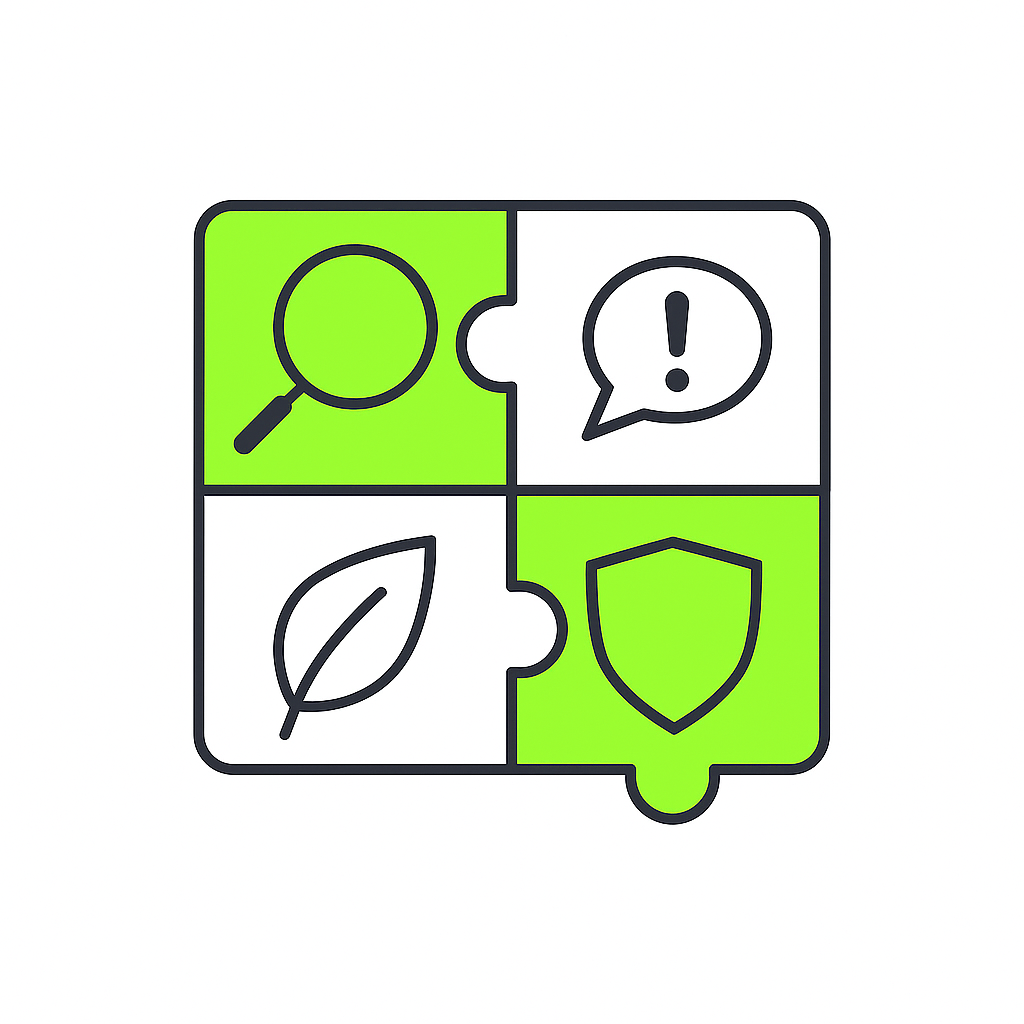Green Media Literacy - Equipping Youth Workers for the Misinformation Age

Introduction
In the age of information, the fight against climate change is not only fought in laboratories, parliaments, or the streets it is fought on our screens. Social media platforms, online news outlets, and digital forums have become battlegrounds where truth and misinformation collide. Climate denial, greenwashing, and conspiracy theories threaten to undermine decades of scientific research and policy efforts.
To address this challenge, the Green-Comm project has placed Green Media Literacy at the heart of its mission, equipping youth workers with the skills and tools to navigate and counter misinformation in the sustainability field.
The Challenge of Misinformation
Fake news is not a marginal issue; it shapes perceptions, influences elections, and erodes trust in institutions. When it comes to climate change, misinformation can delay action, weaken public support, and normalize harmful practices. Greenwashing when companies falsely present their products or policies as environmentally friendly is another form of manipulation that confuses consumers and youth alike. For youth workers, this context demands new skills: the ability to identify false narratives, critically analyze digital content, and create counter-narratives that inspire trust and engagement.
Green Media Literacy in Practice
The Green-Comm project’s training modules and Green Communication Toolkit were designed to respond to this reality. They provide youth workers with structured exercises, case studies, and digital tools that allow them to integrate critical media literacy into their daily activities. In the Netherlands, where digital media literacy programs are well developed, our partner Jump To Green has piloted workshops that train youth workers to fact-check climate news using reliable online platforms. In Turkey, the EFTA association has combined grassroots activism with storytelling workshops, equipping NGOs with the ability to confront local misinformation campaigns on issues such as deforestation and water scarcity. Estonia, known for its digital-first approach, has been leading innovative e-learning activities through Voolab OÜ, ensuring that youth workers have access to interactive modules and fact-checking resources.
Tools and Strategies
The Green Communication Toolkit, accessible through the project’s platform (www.green-comm.com), integrates innovative digital solutions. It includes step-by-step guides for identifying misinformation, templates for creating social media campaigns, and resources for gamified learning. The training modules provide practical exercises where youth workers simulate misinformation scenarios, analyze misleading advertisements, and design communication responses.
By connecting the toolkit with national case studies, the project ensures that the tools remain adaptable and relevant across diverse contexts.
Impact on Youth Work
The integration of media literacy into youth work has already shown transformative effects. Youth workers trained in the project report feeling more confident in addressing difficult questions, debunking false claims, and fostering critical thinking among young people. Importantly, this empowerment extends beyond formal training sessions: it shapes informal conversations, mentoring activities, and even everyday interactions with peers and families. By making truth-telling a core competency of youth work, the project builds resilience against the corrosive effects of misinformation.
Sustainability and Future Outlook
Green Media Literacy is not a temporary trend it is a long-term necessity. By embedding these skills into youth work, the Green-Comm project creates lasting impact. The platform and toolkit will remain available after the project’s official end, ensuring continuous capacity building. More importantly, the collaborative model uniting Dutch expertise, Turkish grassroots action, Estonian digital innovation provides a blueprint for future projects across Europe and beyond.
PROJECT RESULTS
Within the framework of the GreenComm project, three main outputs have been developed to strengthen the communication and media literacy skills of youth workers engaged in environmental and climate-related work.
